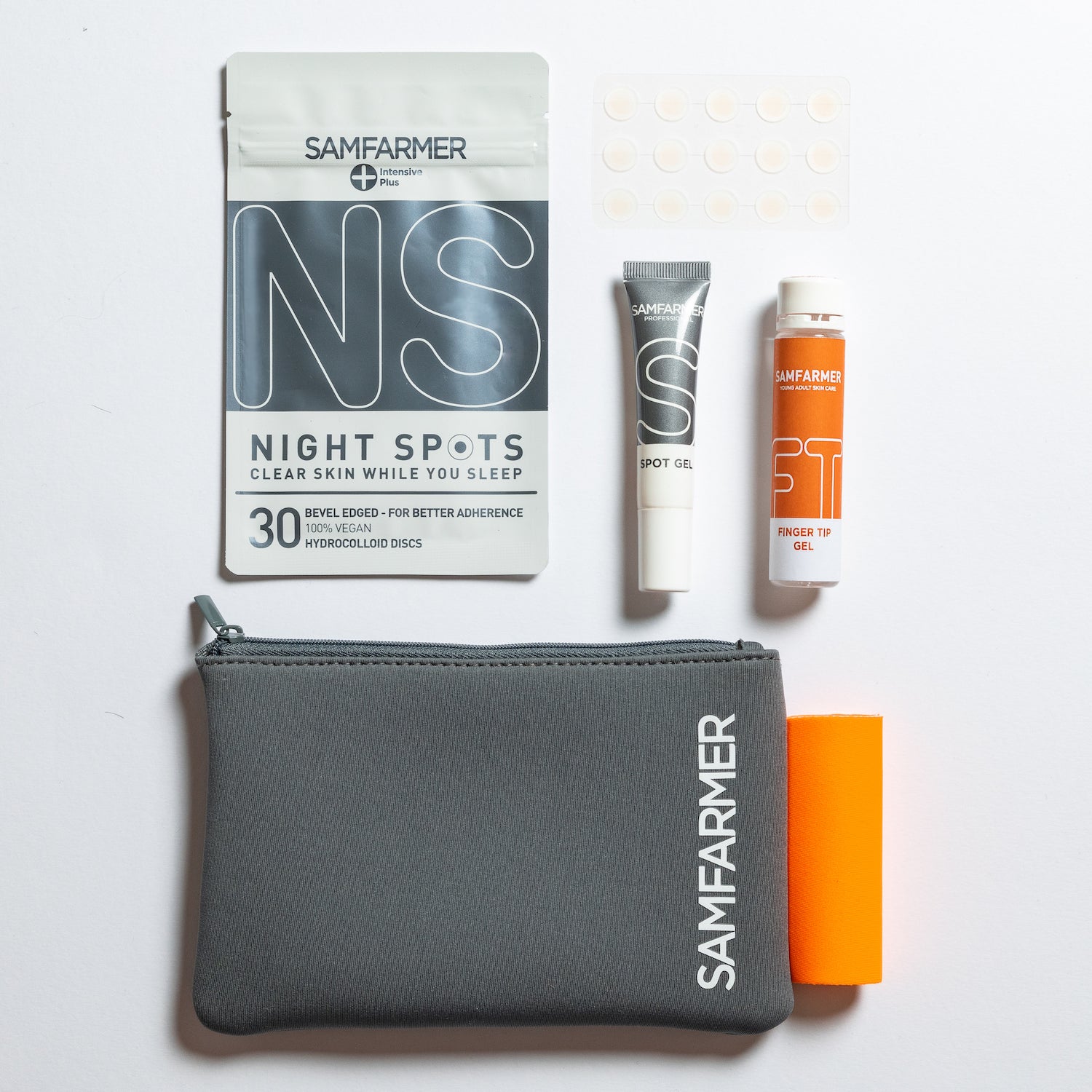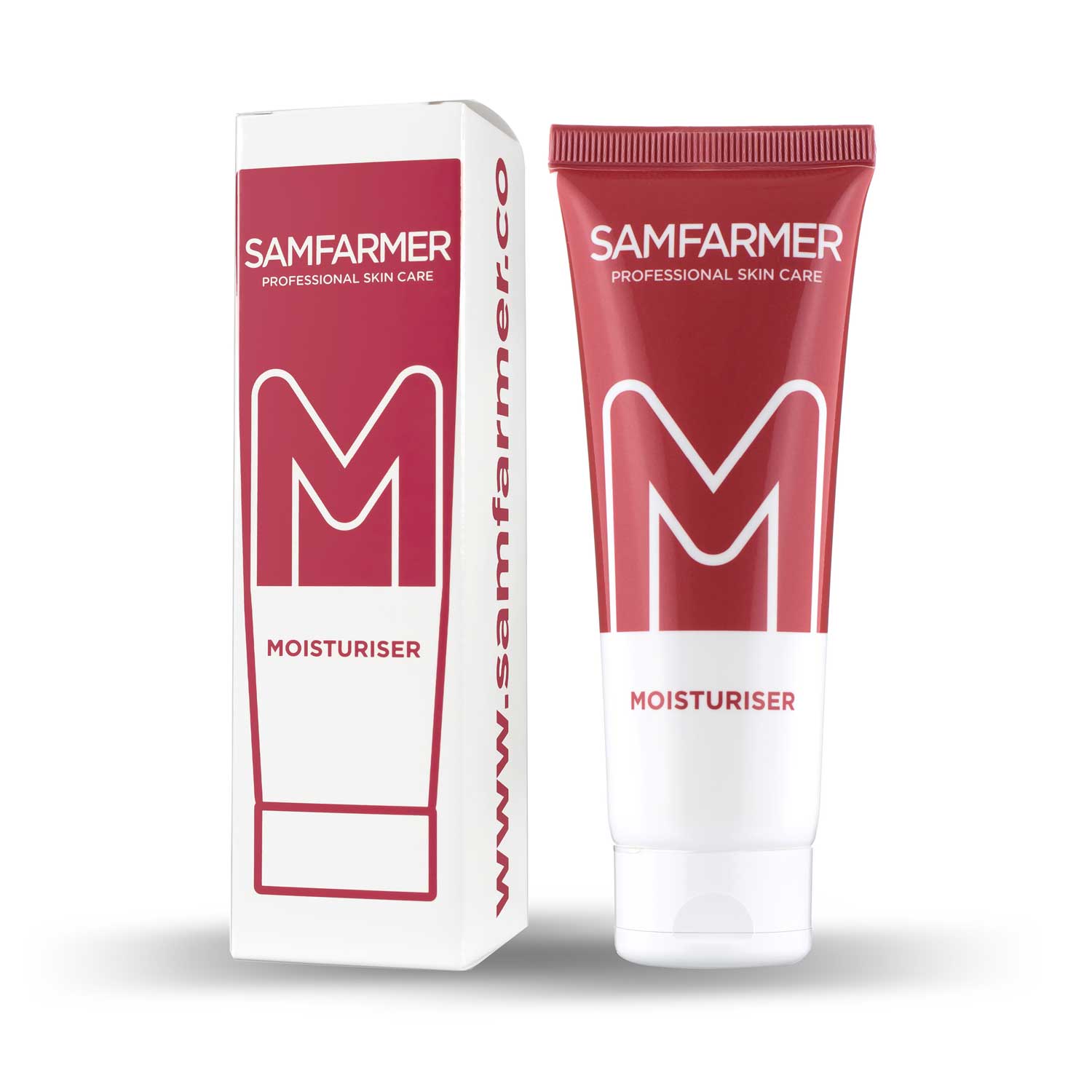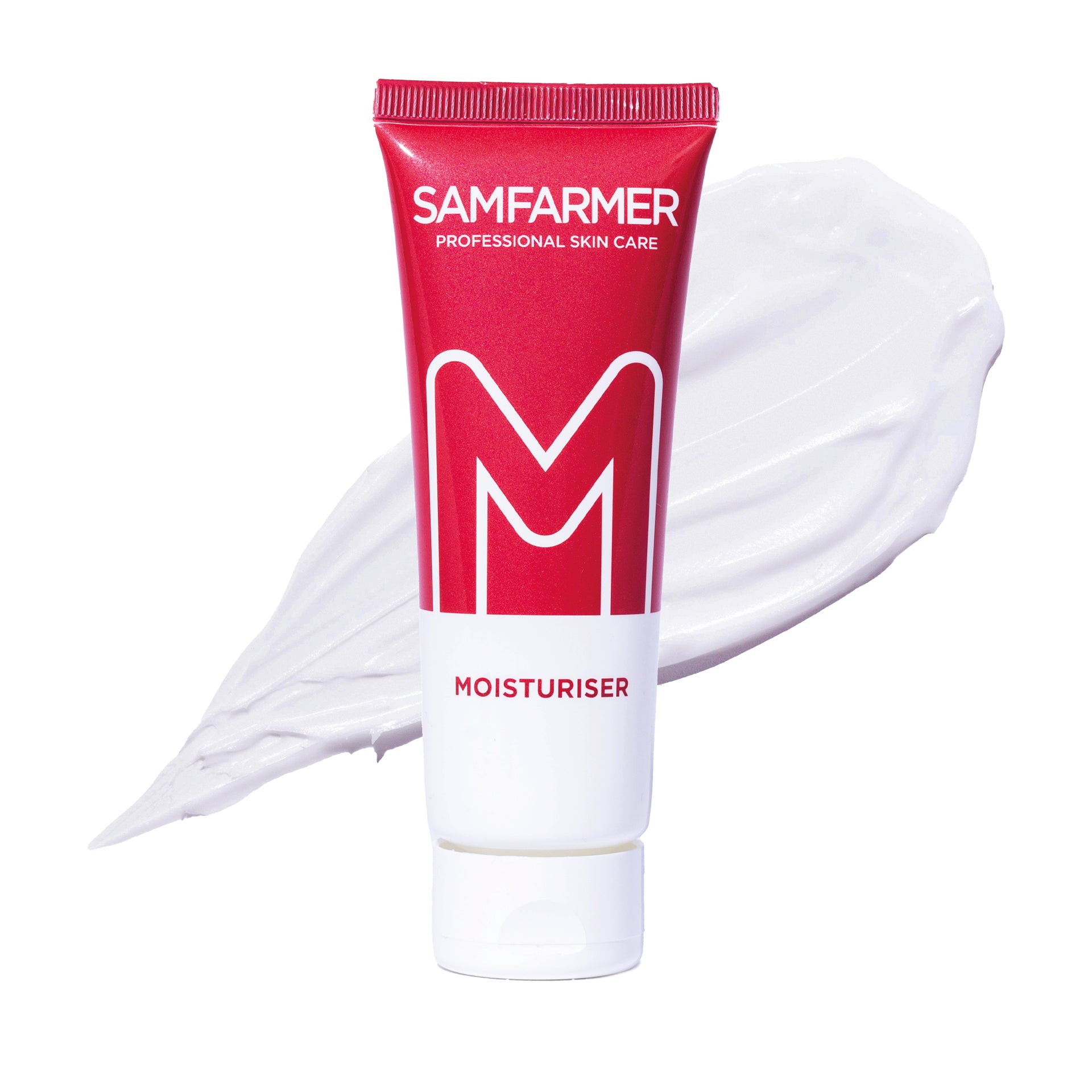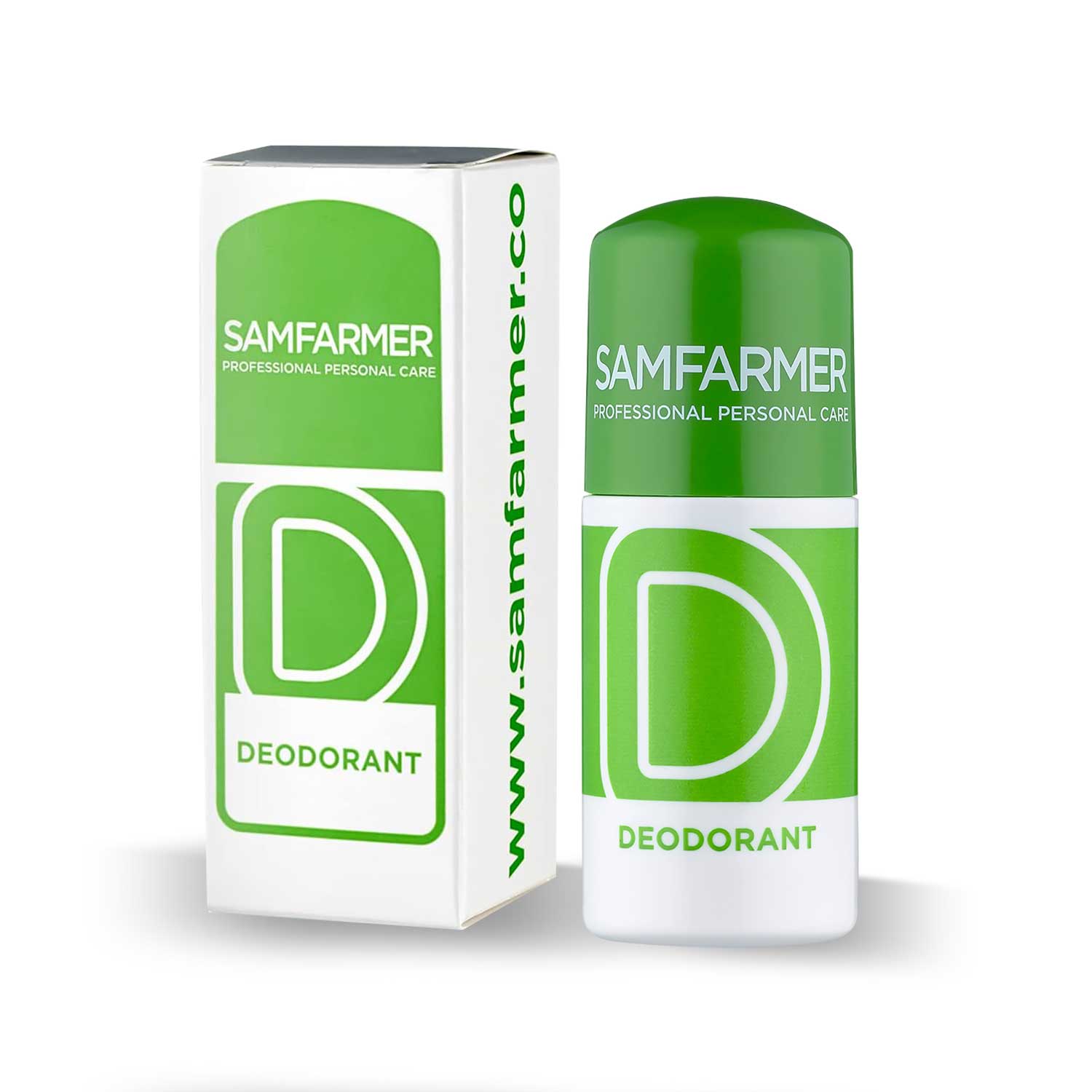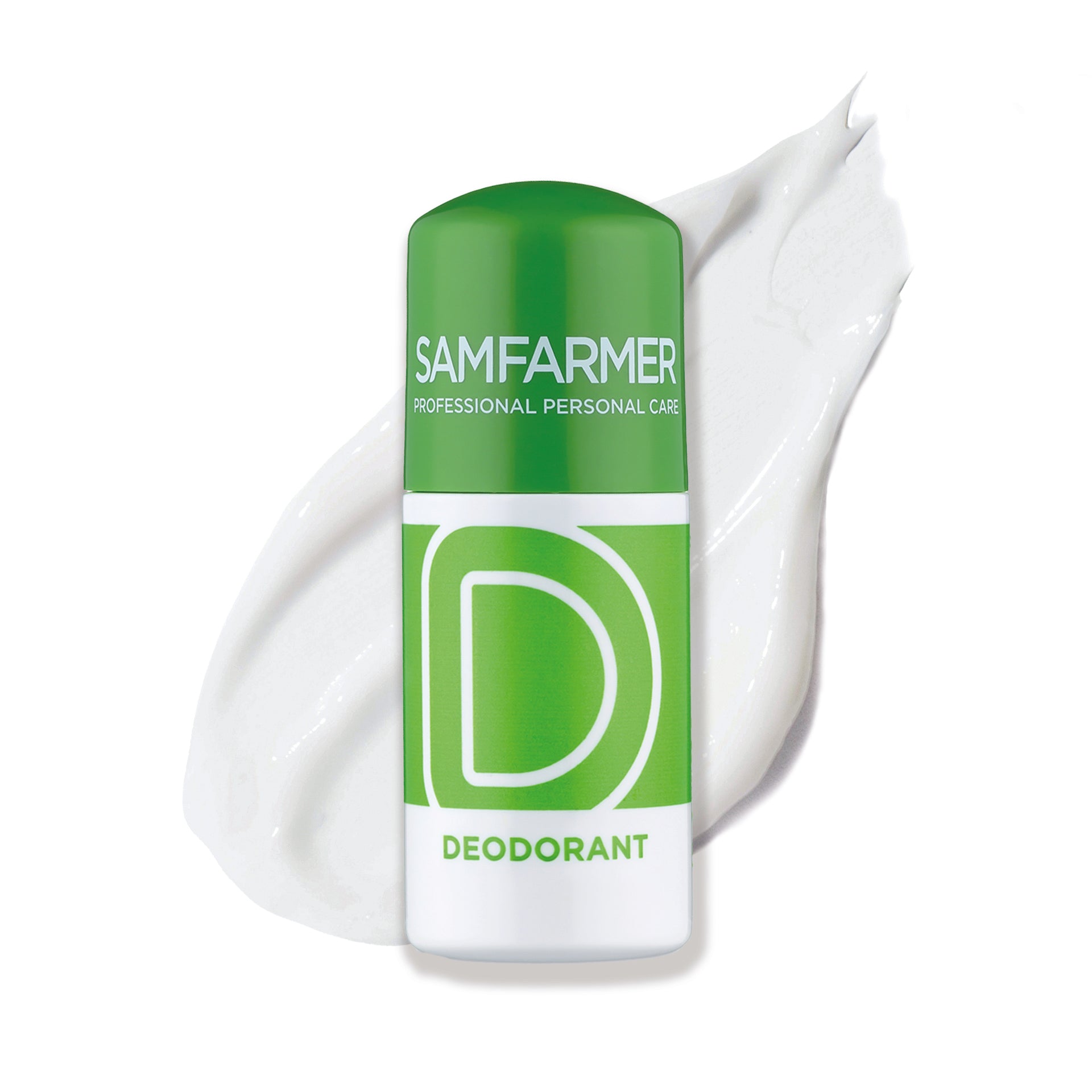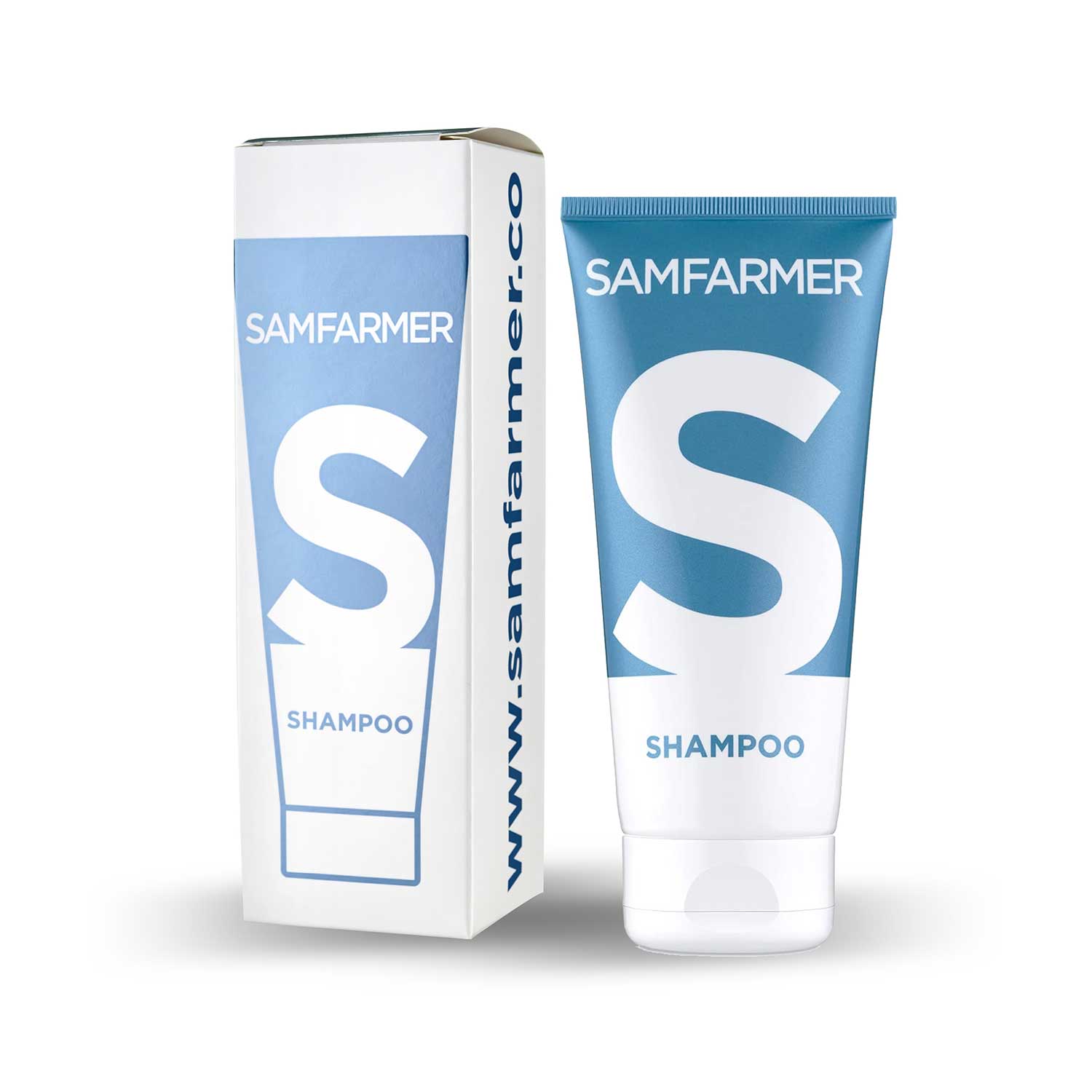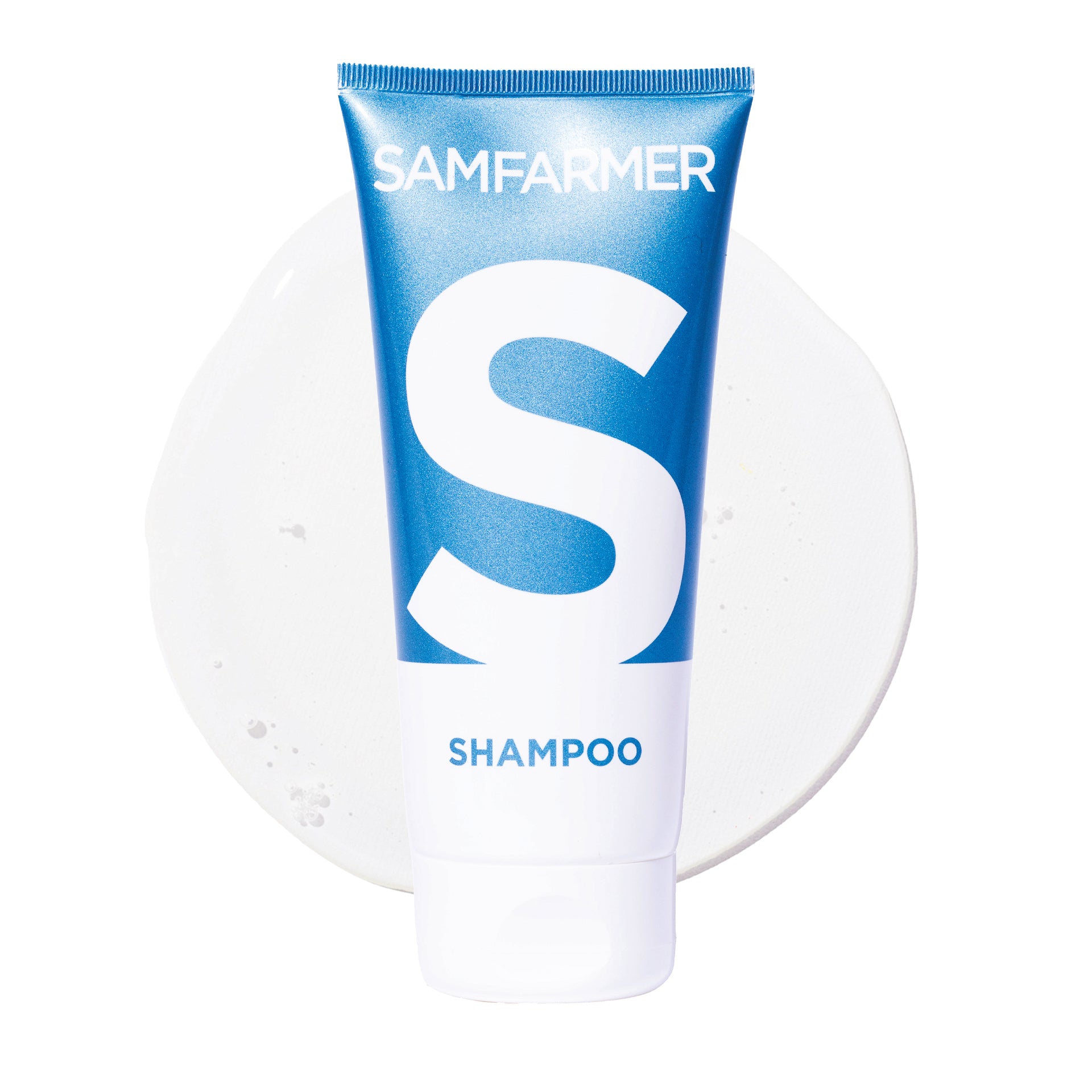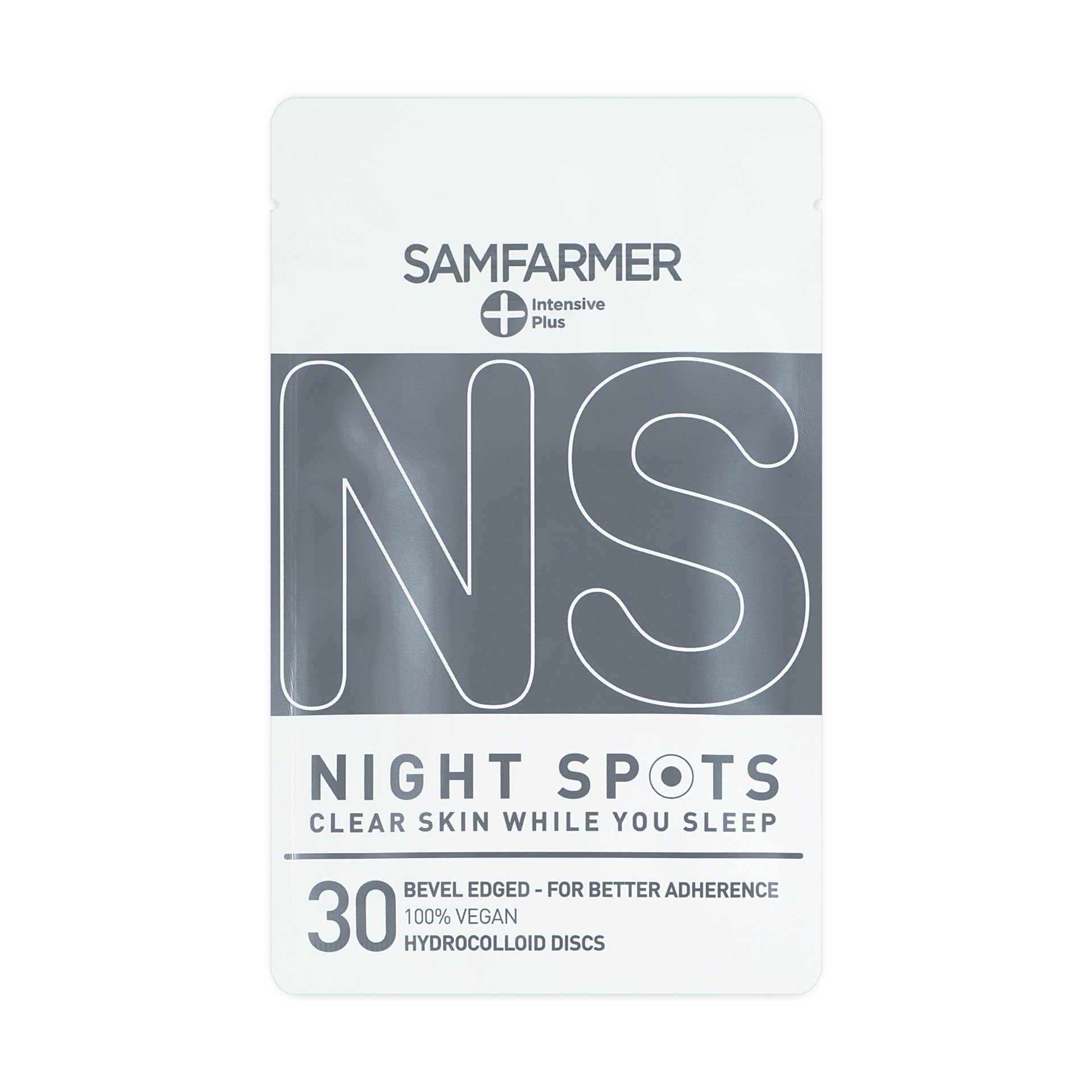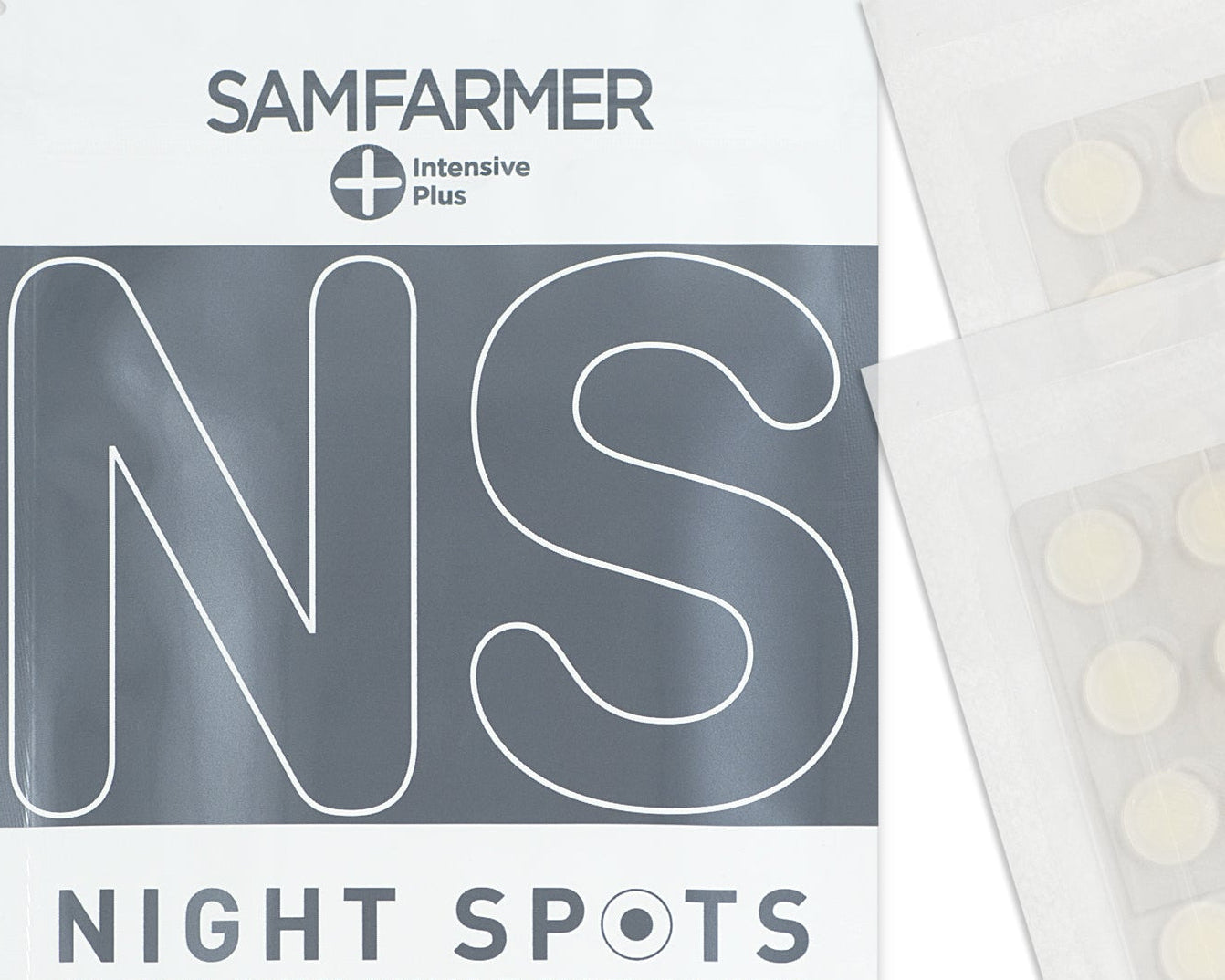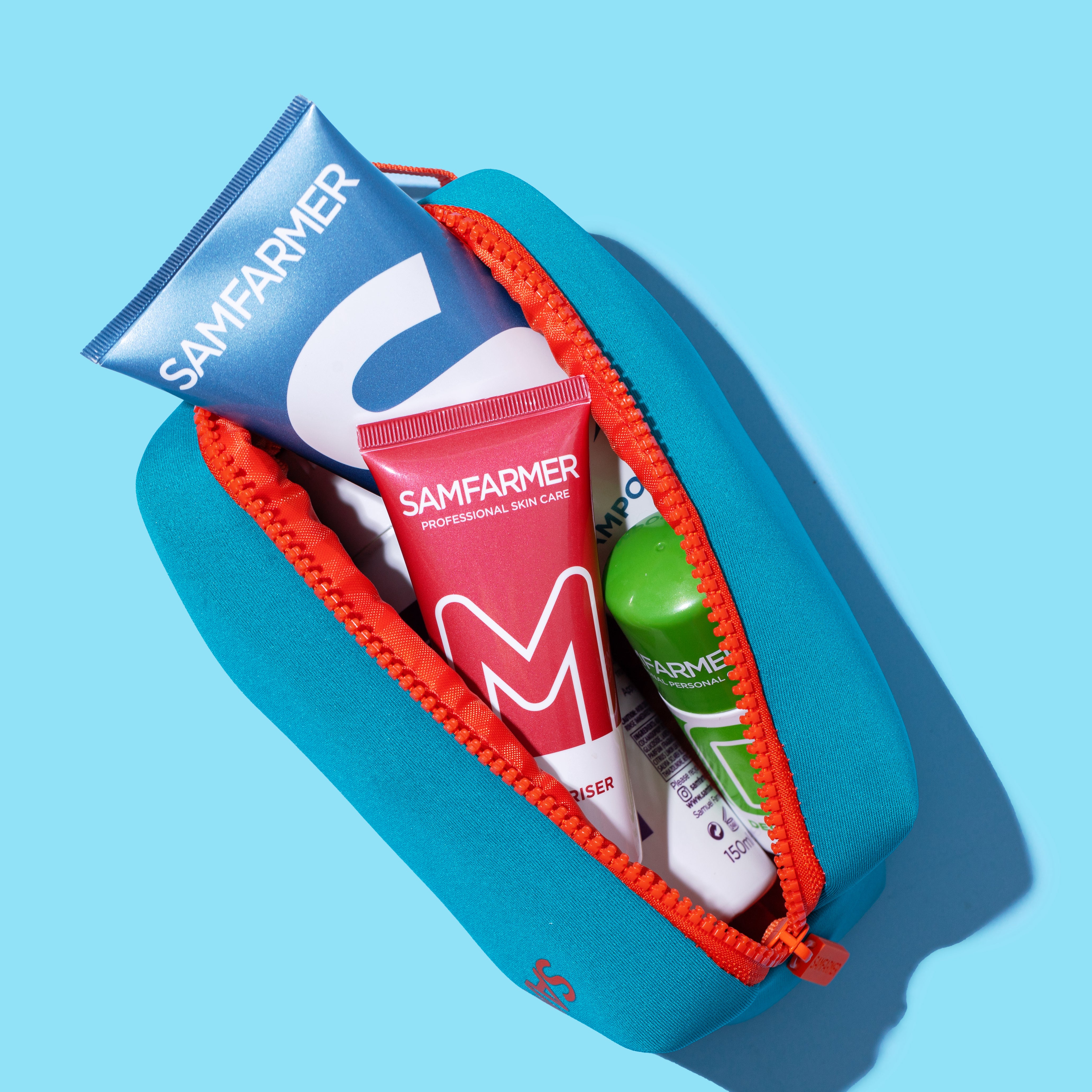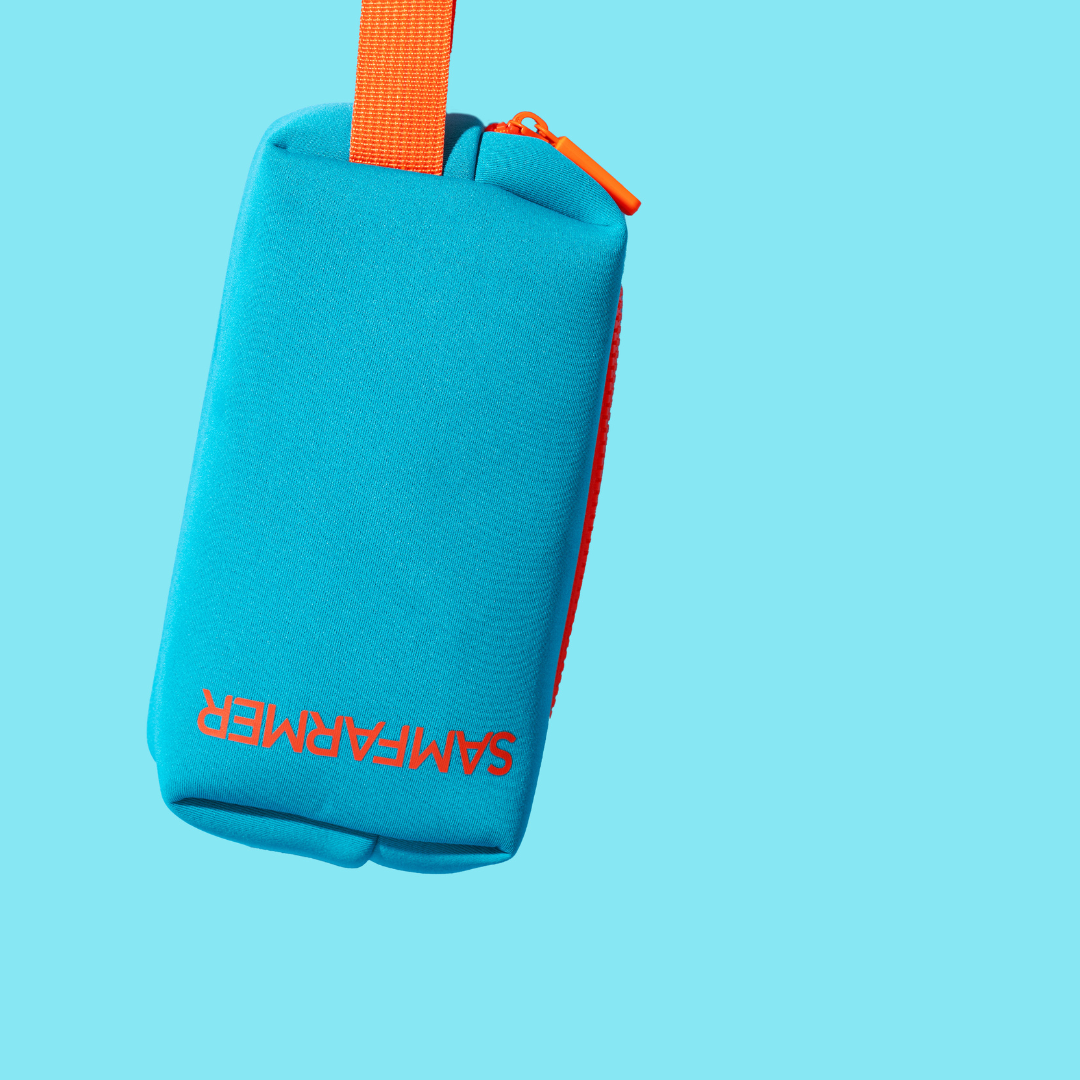A great deal of sun damage happens before you finish your teenage years. Here I’ve answered the most common questions we receive at info@samfarmer.co and included some top tips for this summer.

What Does SPF Stand For?
SPF stands for Sun Protection Factor. It measures how well a sunscreen can protect the skin from UVB rays, which cause sunburn.
SPF 15 blocks about 93% of UVB rays
SPF 30 blocks about 97% of UVB rays.
SPF 50 blocks about 98% of UVB rays.
While the difference seems minimal, SPF 50 offers slightly more protection, which can be crucial for prolonged sun exposure, every percentage point matters especially for sensitive, young adult skin.
The SPF rating indicates how much longer it takes for the skin to redden with the sunscreen compared to without it. For example, SPF 30 means it takes 30 times longer for the skin to start burning.

What type of sunscreen should I use?
Broad-spectrum sunscreen protects against BOTH UVA rays, which cause Aging, and UVB rays, which cause Burning. Boots introduced the ‘Star rating system’ for a UVA protection factor – the more stars the higher the protection (maximum of 5 Stars)

When should sunscreen be applied?
Apply sunscreen at least 15 minutes before going outdoors.
Are there other ways to protect skin besides sunscreen?
Yes, stay in the shade, wear light long-sleeved clothing, wear a hat and UV safe sunglasses.
How often should sunscreen be reapplied?
Reapply sunscreen every two to three hours or more frequently if swimming or sweating.
Are there specific products for after-sun skin care?
Yes, after-sun moisturising products are specifically formulated to soothe and help with sun-exposed skin.
How much sunscreen should I use?
Most young adults need about three to four ‘TABLE’spoons to fully cover their body. Apply it generously and evenly. A 200ml Bottle of suncare lotion will only contain around 6 full body applications.
Can UV rays affect my eyes?
Yes, wear sunglasses with UV protection to prevent damage to your eyes.
What should I look for in a lip balm for sun protection?
Choose a lip balm with an SPF of 30 or higher to protect your lips from sunburn and help prevent cold sore outbreaks.
What can I do to prevent ‘sweat-induced’ acne?
Cleanse your face daily with a gentle cleanser and use a suitable light weight moisturiser.
How can I protect my hair colour from fading in the sun?
Use a UV protection spray for hair, wear a hat and try to stay in the shade as much as possible. Additionally, rinse your hair with fresh water after swimming in chlorine or saltwater. Condition your hair regularly to prevent dryness and brittleness
What are the best types of clothing for sun protection?
Wear lightweight, long-sleeved shirts and trousers made of tightly woven fabric. Dark colours offer better protection and consider specialist clothing with an ultraviolet protection factor (rash vests). Hats with neck protectors are also a good option.

What do I do if I get sunburnt?
Apply a dedicated after-sun lotion to the affected area, stay hydrated and avoid further sun exposure. Taking cool baths and you can use over-the-counter pain relief if appropriate. The most important thing is to learn from the experience and don’t let it happen again.
Immediate effects include redness, pain and peeling skin. Long-term risks involve increased skin cancer risk and premature aging.
How do I prevent prickly heat (heat rash)?
Wear loose, lightweight clothing made of cotton, avoid heavy exercise during the hottest part of the day and keep your skin cool with fans and cool showers. Avoid long periods in the sun.
How can I protect my scalp from sunburn?
Use a UV protection spray for hair and scalp, wear a hat or stay in the shade.
What are the risks of using a tanning bed?
Tanning beds emit UV radiation that increases the risk of skin cancer and accelerates skin aging. It's safer to use self-tanning products and continue using sunscreen when outside.
Top Tips:
Travelling in a car or coach? You can still suffer from UVA rays as, unlike UVB rays, these can penetrate glass and cause long term damage.
Most Missed Body Parts? Tops of the ears, back of the neck, the hairline, tops of the feet and hands and don’t forget your scalp!
Don’t spend prolonged periods sunbathing, take breaks in the shade. Damage from the sun is one of the main causes of skin damage.
Ensure you drink plenty of water to stay hydrated.
Remember
It doesn’t matter what broad spectrum sun protection product you use, find one you like and use it.
Comprehensive sun protection is essential to prevent both immediate and long-term damage from UV exposure.
Further advice from The British Skin Foundation HERE


